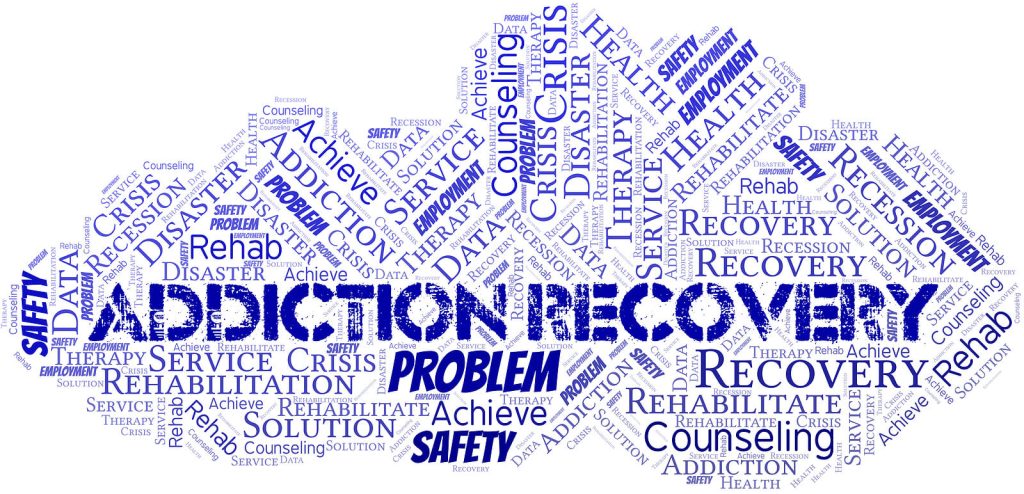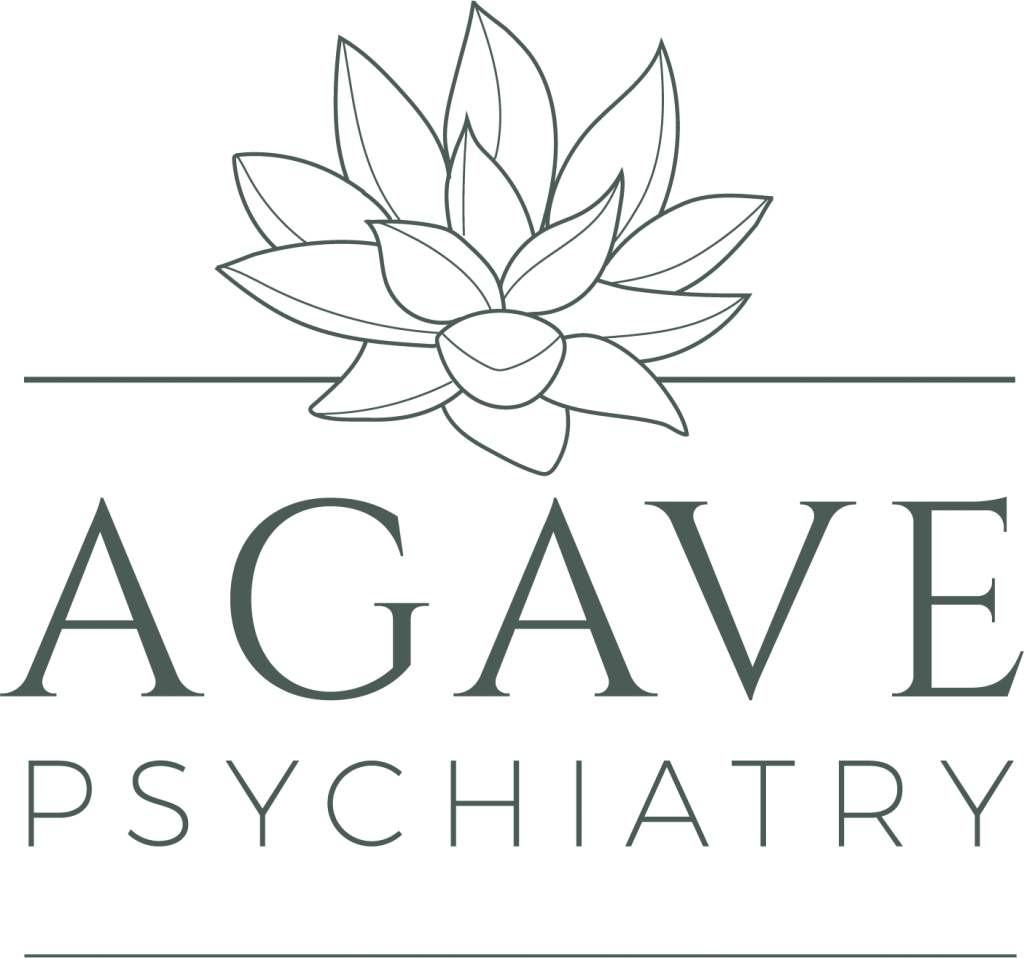Substance abuse remains a growing issue throughout the US. Moreover, many people are caught in a vicious cycle of drug or alcohol abuse and have not been able to turn their lives around. As a result, at Agave Psychiatry, we offer treatment options on an outpatient basis via a secure telepsychiatry platform. As a result, this may allow you to receive care while continuing to go to work or school. We offer treatment for people who have been abusing alcohol, opiates, or prescription medications.

Alcohol Substance Abuse Treatment
The abuse of alcohol can lead to a wide array of physical health, mental health, and legal consequences. In addition, drinking alcohol is widely known to be damaging to the liver. However, it also has significant negative impacts on the health of other vital organs. This includes damage to your brain, heart, pancreas, kidneys, and immune system.
Many people realize that they have entered an unhealthy pattern of abusing alcohol.
Symptoms of Alcohol Abuse Can Include:
Unable to cut back on drinking
When someone is aware that they have an issue with alcohol they may seek to decrease their regular alcohol intake. Frequently, this will only help for a short time period before the original drinking pattern is resumed.
Early morning drinking
This is frequently referred to as having “an eye-opener”. The craving for alcohol may be severe or some people may be experiencing mild symptoms of withdrawal which leads to an ongoing pattern of drinking.
Drinking increasing amounts without feeling drunk
When people have been drinking alcohol for longer time periods, the body adapts. This allows the individual to consume larger quantities of alcohol without appearing to be under the influence. This is unfortunately a sign of alcohol abuse and should be discussed with a trained clinician.
What is Alcohol Withdrawal?
When the amount of alcohol consumed decreases after a time period of excessive alcohol intake, symptoms of withdrawal may occur. The severity of the symptoms will vary depending on the amount regularly consumed, the length of time the person has been drinking, and the use of other substances of abuse.
Symptoms of alcohol withdrawal include:
- Shaking or Tremor
- Nausea
- Sweating
- Increased heart rate
- Insomnia
- Hallucinations
- Seizures
- Delirium
Alcohol is a Central Nervous System depressant. When the use of alcohol is stopped, the body can respond in a hyper-excited state. This can begin within as little as 6 hours after your last drink, or it can take multiple days to appear.
Treating Alcohol Withdrawal
Specialists trained in managing alcohol withdrawal will typically utilize medications that allow the body to safely detox from alcohol. These medications are called Benzodiazepines and can be dosed in a tapered manner to allow people to safely detox from alcohol. At Agave Psychiatry, we consult with our patients with the use of a HIPAA-approved telepsychiatry platform. This allows patients to typically remain in their homes while being managed for detoxing from alcohol.
Opiate Abuse
The abuse of opiates is frequently referred to as the ‘Opioid Epidemic’. The use of opiates has led to the death of over 100,000 Americans within the last year. The rates of abuse and subsequent deaths are unfortunately increasing across the country. In Arizona, it is estimated that at least 5 people a day every day due to abusing opiates. Sadly, many people are unaware of the dangers posed by using these drugs.
What is Fentanyl?
Fentanyl is a synthetic opioid that is up to 100x stronger than Morphine. It was developed for severe pain that is associated with cancer and is used with other drugs during surgical procedures. Its use as a recreational drug is potentially deadly. Fentanyl which is commonly purchased on the street is not manufactured by pharmaceutical companies in a controlled environment. It is produced in a counterfeit fashion that is disguised as “the real thing”. Common street terms for Fentanyl include ‘blues’, ‘M30s’, and ‘Percs’. The outward appearance of these pills is almost an exact match for actual pharmaceutical medications.
Why are both Fentanyl and Opiates Deadly?
The risk of unintentional overdose and fatal overdose with the use of Fentanyl and Opiate containing drugs is potentially very high. The potency of drugs on the street is unknown. The manufacturers of these illicit drugs can alter the compounds to try and ensure that users will become hooked quickly when they use very strong amounts of the drug that can be sold cheaper than other products. The high potency of fentanyl means that the use of even one pill can be deadly. However, all opiates can slow the respiration rate (breathing frequency) to dangerous levels. The main cause of fentanyl and opiate-related deaths is due to respiratory arrest as people stop breathing at a rate that is required for survival.
Opiate and Fentanyl Detox
Buprenorphine is one of the most common medications prescribed for opiate detox. It is medically managed by clinicians who have completed specific training that allows for it to be prescribed. The onset of withdrawal symptoms from fentanyl and opiate abuse can begin within a few hours after the last use of the drugs.
Common Opiate / Fentanyl Detox Symptoms:
- Nausea and Vomiting
- Diarrhea
- Sweating
- Goose Bumps
- Excessive Yawning
- Muscle Aches
- Runny Nose
- Inability to Sleep
- Abdominal Cramping
- Dilated Pupils
- Increased Heart Rate
- Treating Opiate and Fentanyl Detox
It is imperative that the initial dosing of Buprenorphine does not occur until a user has waited at least 24 hours since their last use of Fentanyl or Opiates. Furthermore, this medication can be extremely effective, but if it is taken too soon it can make someone feel worse. This is called precipitated withdrawal and it is extremely uncomfortable. Once enough time has passed, your clinical psychiatric provider will start you on a taper of Buprenorphine. This usually occurs over a 5-to-7-day time period.
Equally important, some patients will benefit from continuing to take Buprenorphine if their cravings to use fentanyl or opiates remain high. This is called MAT (Medication-Assisted Treatment) and can be discussed during your follow-up appointments to determine if this is a good option for maintaining sobriety.

Begin Outpatient Substance Abuse Treatment in Arizona
What we put into our bodies has a direct correlation to not only our physical health but also our mental health and substance abuse is no exception. Learn more about the impact substance abuse has on negatively impacting mental health from our team of skilled clinicians who are here to help you understand and manage them effectively. At Agave Psychiatry we are committed to providing the best quality care to our clients so they can move forward with their lives in a positive and meaningful way. Follow the steps below to get started on your journey to healing.
- Get to know our skilled team of Clinicians here.
- Fill out our convenient online mental health contact form here.
- Begin your journey to healing!
Other Online Mental Health Services offered at Agave Psychiatry
In addition to Substance Abuse treatment, we also offer a wide variety of other mental health services. These include treatment for Nutritional Psychiatry, Depression, ADHD, Insomnia, PTSD, Eating Disorders, and Anxiety. In fact, we offer online treatment for both adults and children, and adolescents in the state of Arizona.


